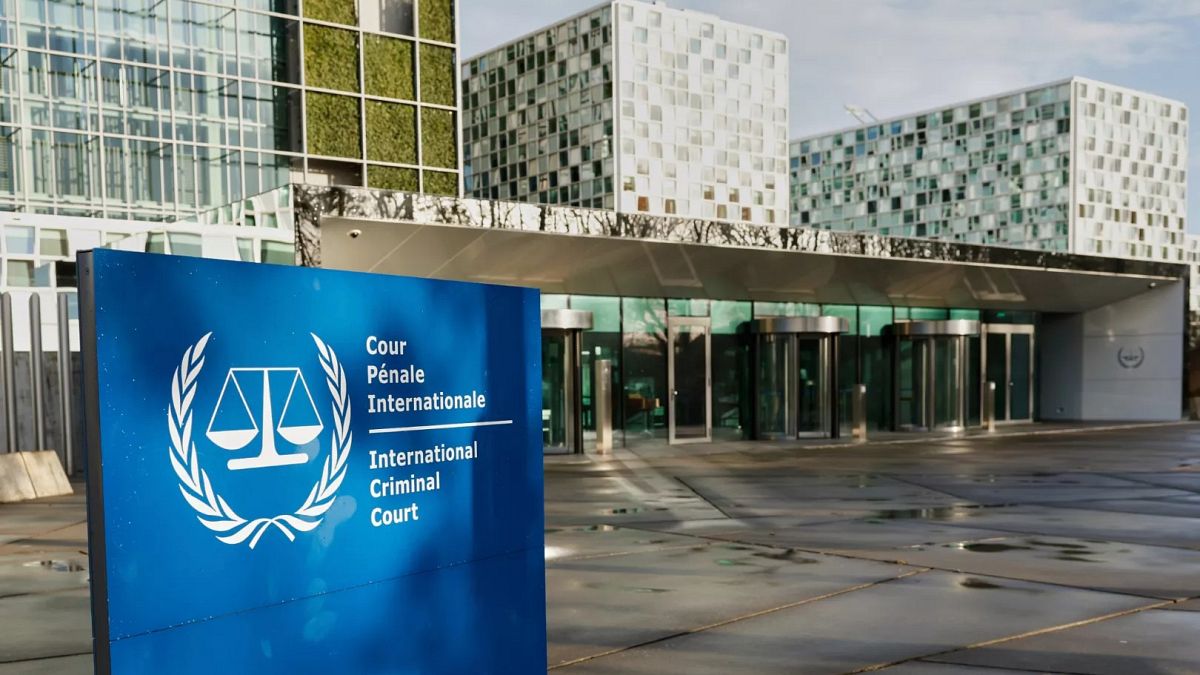

In recent days, noteworthy events have unfolded globally, highlighting shifts in both the judicial and social landscapes. With clarity and calm, we explore these developments, offering a window into a world of change and reflection.
In a significant move by international law enforcement, a man was arrested in Germany for alleged crimes against humanity at a Libyan prison. This arrest is tied to investigations initiated by the United Nations Security Council back in 2011. The pursuit of justice relates to crimes that reportedly took place during the period of intense violence which resulted in the fall of Libyan leader Muammar Gaddafi and the subsequent civil strife. This development signifies an ongoing effort to address and rectify past injustices, reinforcing a global commitment to human rights and international law.
Meanwhile, shifting focus to the Czech Republic, President Petr Pavel has taken a decisive step by signing legislation criminalizing communist propaganda. This action aligns with appeals from several Czech institutions, including the Institute for the Study of Totalitarian Regimes, to rectify perceived legal imbalances. The law aims to address historical and ideological wounds by managing the dissemination of narratives that have previously resulted in societal harm. It is a reminder of the continual journey nations take in reconciling with their past while shaping a future grounded in fairness and truth.
Across the Atlantic, in the United States, a series of rallies titled “Good Trouble” have sprung up across the nation. These peaceful gatherings are inspired by the enduring legacy of civil rights leader John Lewis and serve as a platform for expressing dissent against certain policies of the Trump administration. Thousands have participated, embracing the spirit of constructive activism to voice positions on issues important to many Americans. Such events underscore the dynamic and engaged nature of civic discourse in democratic societies.
In the United Kingdom, a recent incident involving a data leak has brought to light the precarious situation faced by many Afghans who have worked alongside British forces. An email, revealing a compromise of personal data, was sent to individuals applying for asylum in the UK. These individuals, having contributed significantly to the efforts in Afghanistan, now face renewed danger due to potential exposure. The UK government is under scrutiny to ensure their safety and to rectify the situation while maintaining the integrity of its asylum processes.
On a more somber note, a legal challenge surrounding the controversial two-child benefit cap in the UK has concluded with a high court decision. Two women, both of whom conceived children under coercive circumstances, failed to overturn the cap. Justice Collins Rice affirmed that changes to the policy are a matter for policymakers and not the judiciary, highlighting the ongoing dialogue between legal frameworks and social policy. The ruling invites further debate and reflection on how societies can better protect and support those who find themselves in vulnerable positions.
These varied stories, though distinct in nature, collectively paint a picture of a world where justice, reconciliation, and societal development continue to intersect. Each narrative, in its unique way, invites deeper contemplation of how nations and individuals navigate the complexities of the past while paving paths toward a hopeful and mindful future.
Source: {link}
